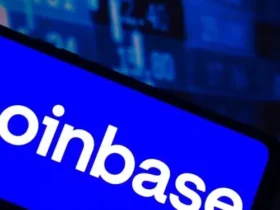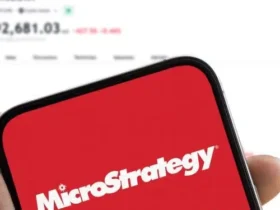Bitcoin PIPE, a proposal by Mikhail Komarov, seeks to implement Covenants and Zero Proof of Knowledge (ZKP) in Bitcoin without requiring a soft fork in the network. These programmings would bring privacy benefits (SNARK tests) and usability in Bitcoin, through smart contracts or more complex and advanced transaction designs.
The intention to add these advances to the base layer of Bitcoin is not new, but this proposal is the first that, if implemented, would not involve a fork of the network.
PIPE would avoid this fork through the emulation of convenants or conventions in Bitcoin programmingand not through its direct implementation, historically constrained by the allowed size of Bitcoin Scripts.

“Despite several proposals (e.g., BIP-420) to re-enable or introduce new opcodes, these changes have not been adopted, leaving ZKP verification in Bitcoin L1 as an unresolved challenge.”
Mikhail Komarov, ZKP developer
What are Covenants and what would they contribute to Bitcoin?
The implementation of Covenants, for example, would introduce a more flexible and advanced language and programmability layer to Bitcoin.
Simply put, covenants are definable as conditional restrictions imposed on Bitcoin transactions. They define rules on where and how BTC can be spent.
The introduction of these would make Bitcoin would tend to catch up in the race with networks more focused on creating decentralized applications and smart contractslike Ethereum or Solana. The flexibility of these networks is demonstrated by the fact that they host a variety of games, financial services and technological solutions that, today, are outside the scope of Bitcoin’s programmability.
The historical difficulty of implementing covenants in Bitcoin is because doing it the traditional way requires introducing new operating codes (opcodes), codes or execution rules in Bitcoin programming. The above would bring changes to the Bitcoin Scripts (or Bitcoin programming rule base). In turn, both changes They would introduce irreversible modifications to the consensus rules on the network.

Any proposal that modifies the opcodes and cause a fork, such as BIP-119 or the aforementioned BIP-420, would need to mobilize the broader Bitcoiner community to adapt to the new software and new rules. Something like this would be costly for everyone involved in the network, which is why these past proposals have been mostly unsuccessful and discarded.
For Mikhail Komarov, this soft fork in Bitcoin is the obvious solution, but not the best to implement covenants: “updating the Bitcoin protocol, to introduce (or reintroduce) missing operation codes (opcodes). Unfortunately, this leads to the need to achieve social consensus, which is a rather complicated process.”
Emulating covenants in Bitcoin
The developer comments that the next step to bring the absent covenants to Bicoin, given the difficulty of modifying the opcodesis “emulate them for a particular application”. The procedure to emulate them is contained in the paper Bitcoin PIPE.
Emulating certain covenants in Bitcoin will allow the implementation of zk-SNARK tests (Zero-Knowledge Succinct Non-Interactive Argument of Knowledge), a type of cryptographic proof that allows a party (“prover“”) prove to another party (“verifier”) that possesses certain information without revealing that information itself. This verification model would avoid the unwanted presentation of information by participants when trading in Bitcoin.
Covenants are essential to introduce SNARK tests in Bitcoin because its programming language would allow the implementation of the Merkle tree path verification.
This type of verification would allow for more private transactions, ones where The details remain hidden, although they remain verifiable by the participants.
SNARK tests aim to solve the problem of pseudoanonymity in Bitcoin, where transactions are public and traceable. For better or worse, the current state of transaction data programmability in Bitcoin allows you to trace, with relative ease, the financial activities of users. These zero-knowledge proofs integrate an extra layer of anonymity, much needed for privacy-oriented users.
It should be noted that SNARK tests have an extra strength: They are compatible with Onion Router (TOR) and other private Internet browsing technologieswhich increases Bitcoin’s potential in the direction of a more anonymous and secure network.
As CriptoNoticias reported, Bitcoindevs brought to light an interactive learning experience on BTC programmability, called Decoding Bitcoin.
Through interactive and simple mini-programs, the educational modules allow you to understand concepts and applications such as Bitcoin scripts and opcodeswhich may be helpful in understanding the benefits (and limitations) of SNARKS testing, convenants, and other computing advances in Bitcoin.






Leave a Reply